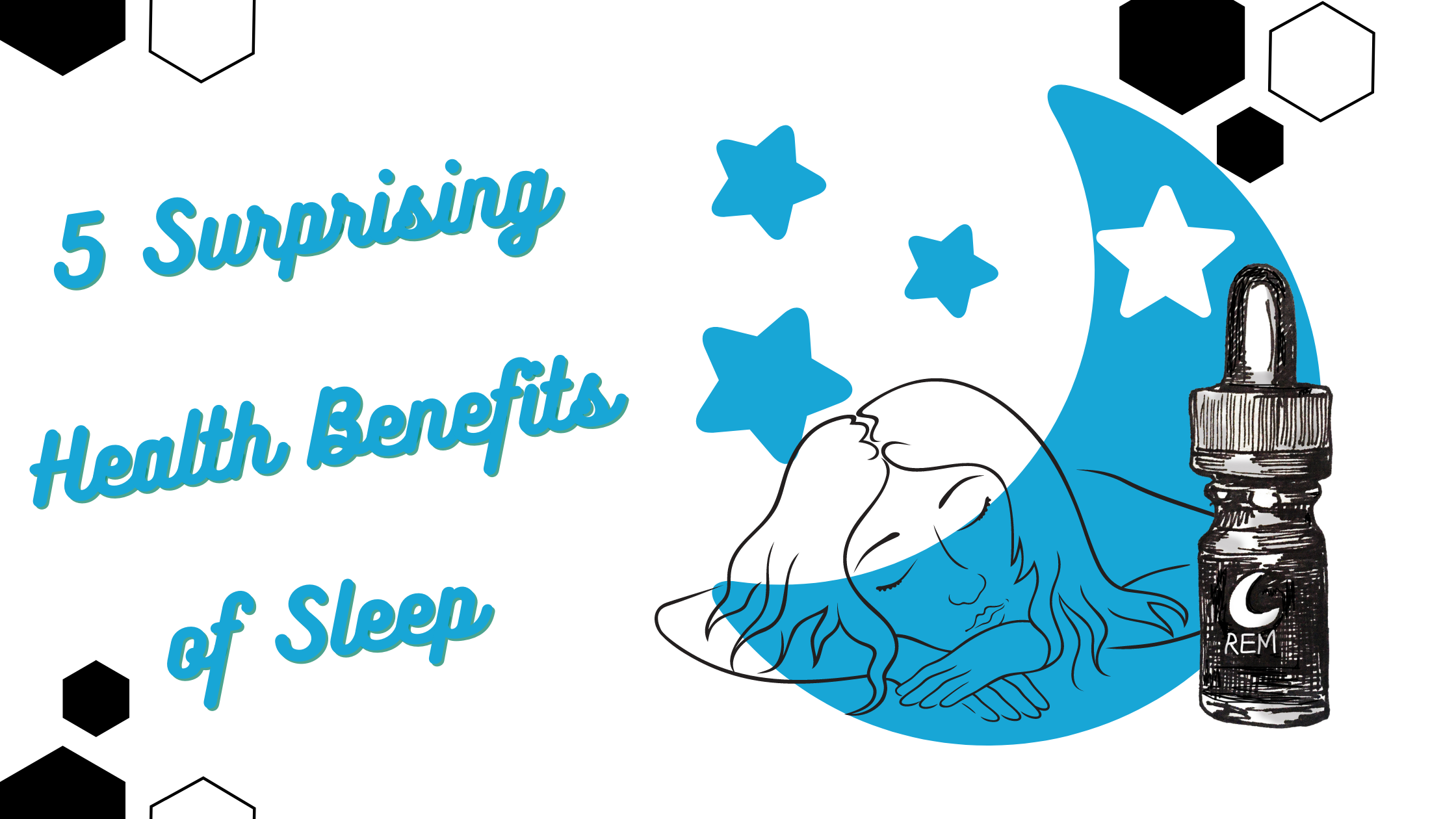
5 Surprising Health Benefits of Sleep
Happy National Sleep Comfort Month!
We all know we’d like to hit the snooze button and get a few more minutes of sleep. What you might not know is just how important getting enough sleep is. Sleep is a life-sustaining activity. It’s just as important as air, food, and water – with good reason. Rest is the secret to ingredient to improving everything from your metabolism, memory, and mood to upping your creativity and performance.
Here are the top benefits of a good night’s rest.
Boost Your Metabolism
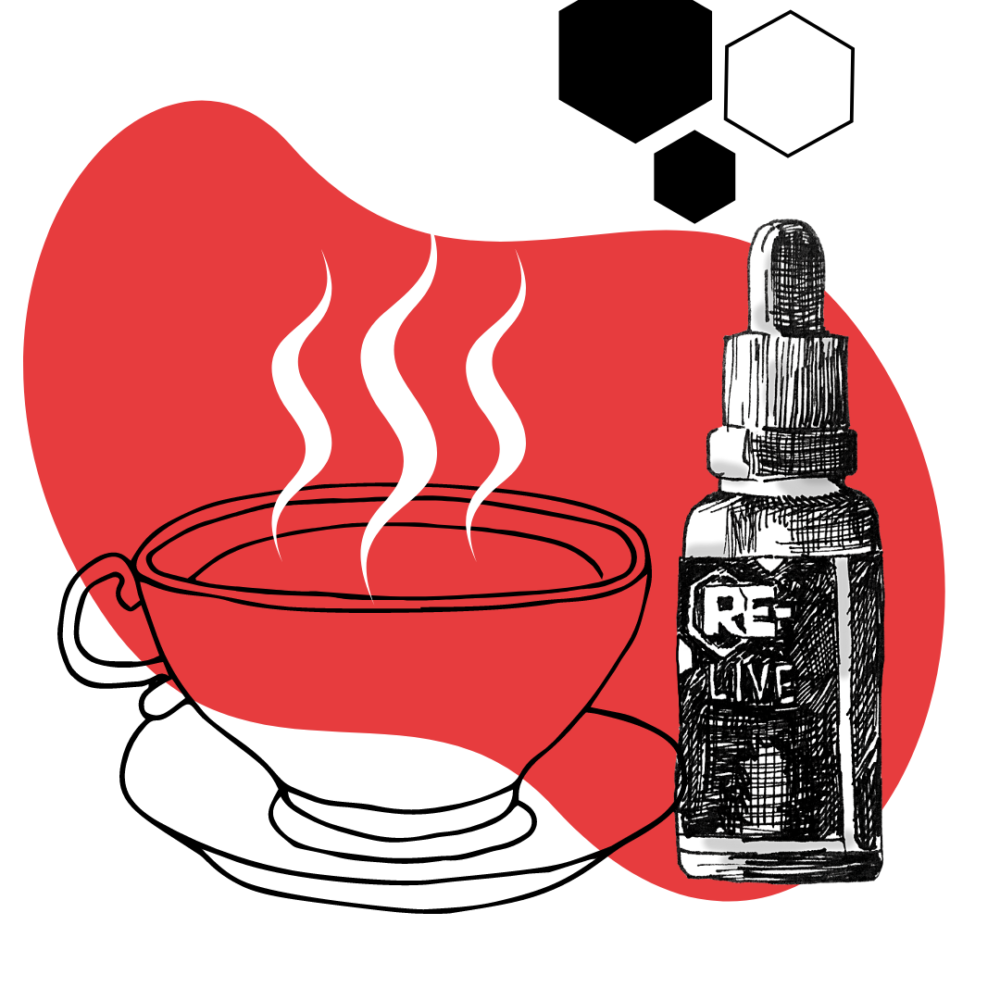
A good night’s rest equals less hunger. Leptin and ghrelin are two hormones that control appetite. Leptin tells your brain when you’re full. When you don’t get enough sleep, leptin gets out of whack, impacting your hunger cues, and making you feel like you want to eat more. Ghrelin does the opposite, telling your body when to eat. When you don’t get enough sleep, ghrelin increases, telling your body to eat more.
Memory & Creativity
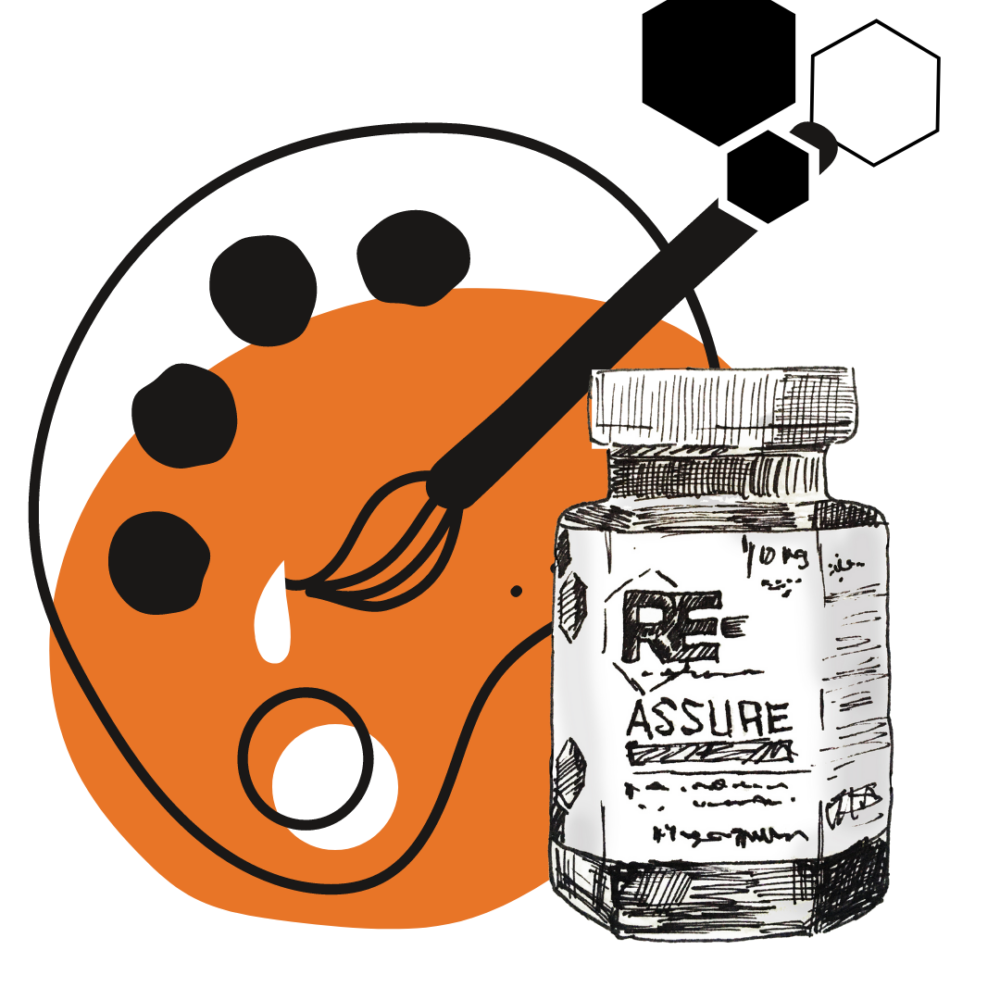
Research shows when we’re tired, it is harder to focus attention, learn, and remember new information. There are some severe consequences for missing sleep. Our neurons don’t fire accurately, muscles do not get the rest they need, and our organ systems can become less synchronized. All of these issues impact our ability to pay attention and remember.
When it comes to paying attention, adults and children have different responses to a lack of sleep. Adults who don’t sleep well have slower reaction times, while sleepy kids tend to behave in a more hyperactive way. Pediatricians suggest kids get more than 8 hours of sleep a night, while 7 to 8 is suitable for adults.
Sleep affects our creative juices, too. When we sleep, our brain consolidates, reorganizes, and restructures memories. These activities make memories stronger and improve the creative process.
Mood Moderator
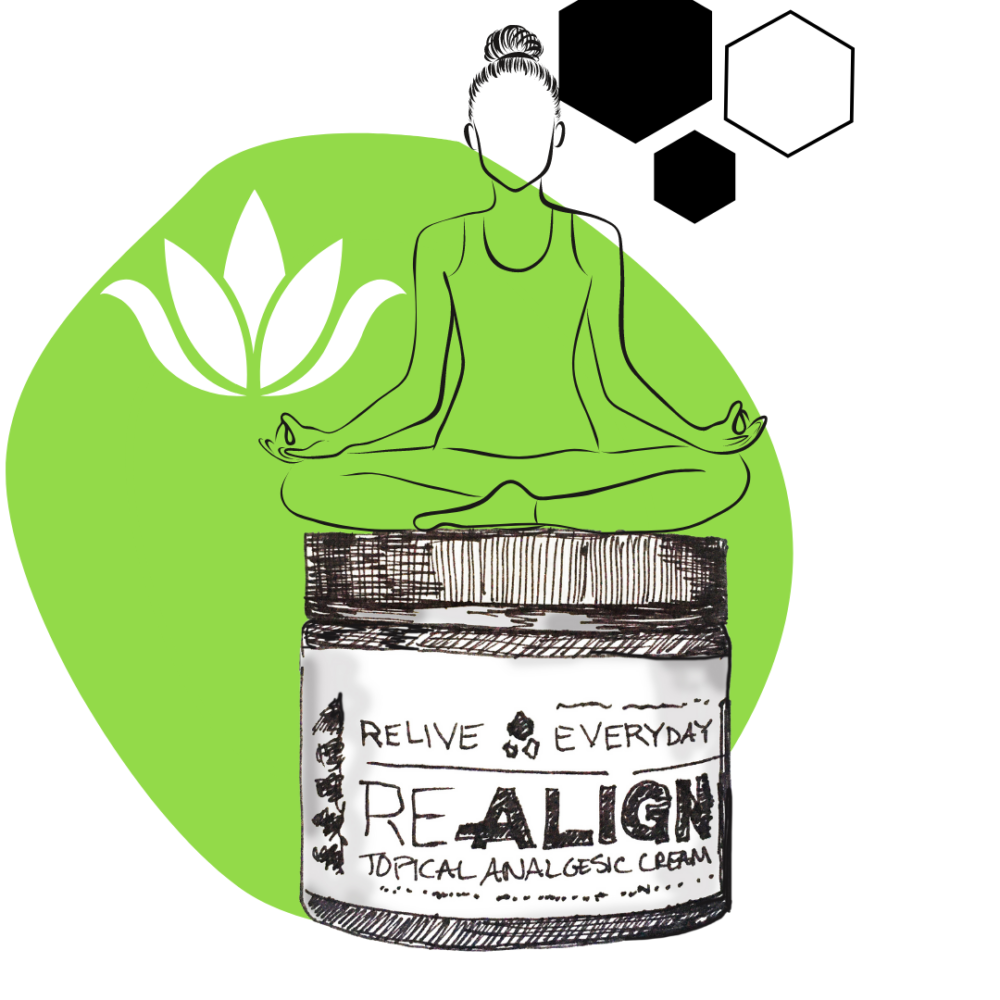
Low-quality sleep harms your mood and your ability to process emotions. Lack of sleep can impact how we perceive situations. We tend to be more irritable and less patient when we’re tired.
Researchers say there is a connection between sleep and depression. People with insomnia, sleep apnea, narcolepsy, and restless legs syndrome are all at higher risk of developing depression. For some, depression comes first and impacts the ability to get a good night’s sleep.
The good news is that improved sleep habits can help lift your mood and bring some relief to these conditions.
Recovery & Performance
Proper rest can set you up for a personal best. Sleep provides time for muscles to repair, improves reaction times, and can lead to increased motivation.
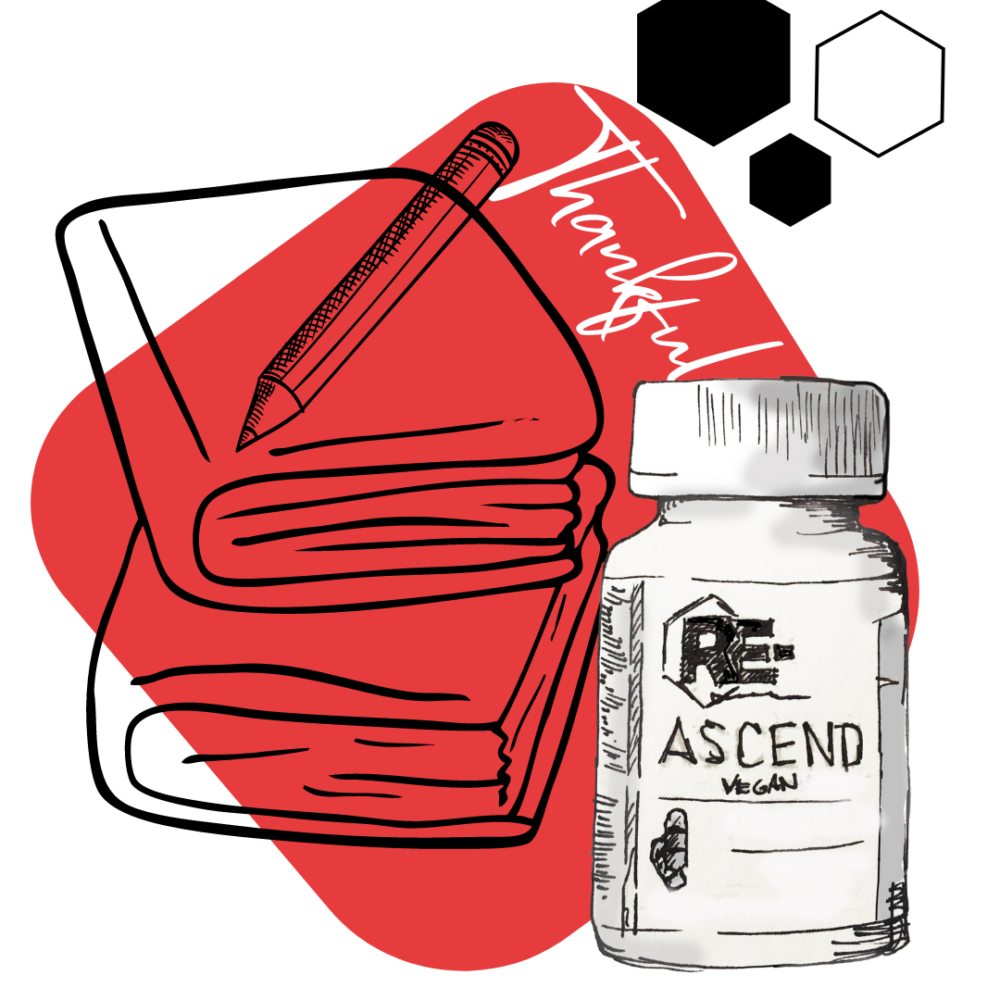
Immune Booster and Inflammation Fighter
Harvard researchers found that regularly missing sleep can increase the risk of chronic medical conditions like heart disease, high blood pressure, and diabetes. Our blood pressure lowers when we sleep, giving our heart and blood vessels a rest.
Quality sleep keeps your immune cells working optimally to fight off bacteria and viruses. Sleep an also help us recover from illnesses quicker.
The Sleep Doctor says the same biorhythms regulate sleep and inflammation. When our sleep cycles are disrupted, healthy immune function is also out of whack, leading to increased inflammation and the increased risk of illness and disease.
Scientists say chronic lack of sleep can lead to chronic inflammation.
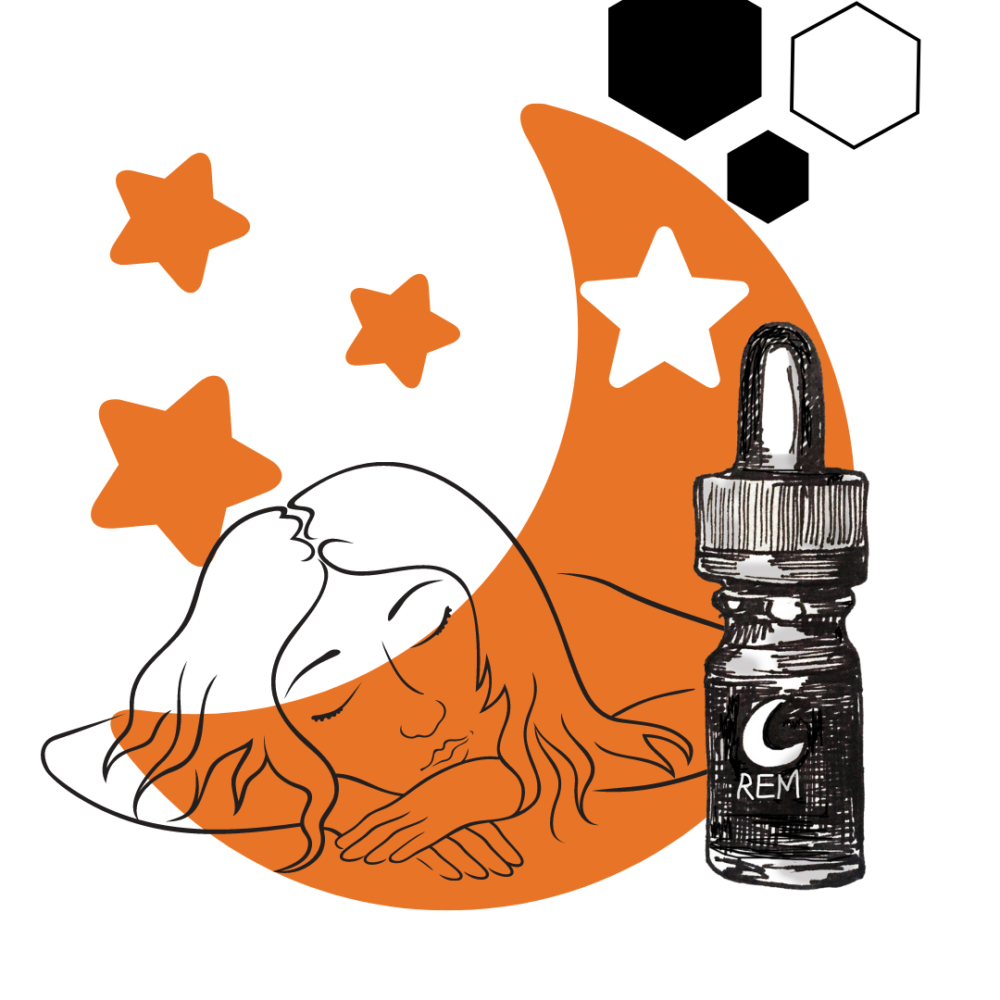
Playing Catch Up
Can you really catch up on sleep? The best solution is to get 7 to 9 hours of sleep a night. If your rest is out of rhythm for an extended period, it could take days or weeks to get your circadian rhythm back and return to a regular pattern. Sleep.org recommends avoiding bright lights and the blue lights from devices before bed and make your bedroom as dark as possible. Get on a sleep schedule where you go to bed at the same time. Plan your bedtime for 7 to 9 hours before you want to wake up. Avoid eating, drinking, and alcohol before bed for a night of less disrupted sleep.